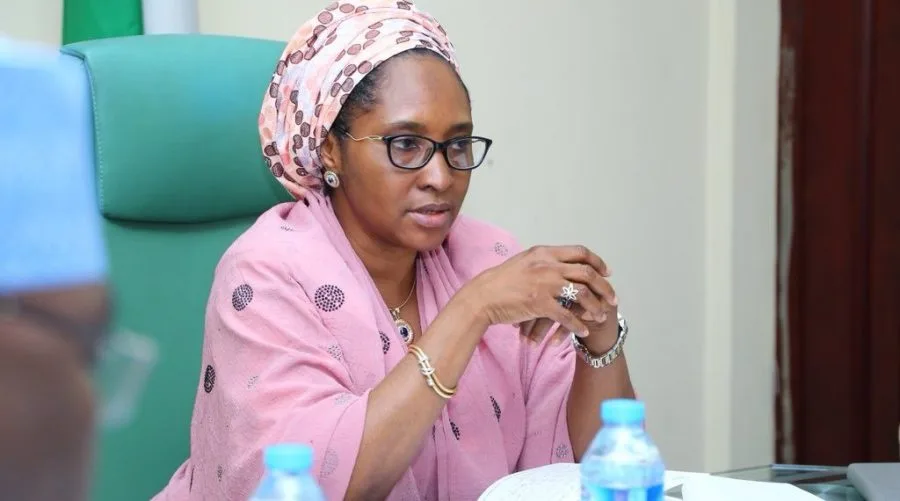On Friday, Nigeria’s dollar-denominated bonds dropped just before a credit rating assessment by S&P Global, following the nation’s downgrade by Moody’s a week ago. Nigeria’s bonds experienced a decline of up to 2.659 cents per dollar, with the 2038 maturity recording the largest decrease to 69.189 cents, as per Tradeweb data.
According to Reuters, the bonds experienced a decline for two consecutive days due to a combination of worldwide risk aversion and Moody’s downgrade, causing the 2038 maturity to decrease to as low as 68.528 cents. It later rebounded to a high of 73.375 cents before Friday’s drop.
This is coming even as the Nigerian government is expressing surprise at Moody’s downgrade. According to the Minister of Finance, Zainab Ahmed, Moody’s rating came as a surprise.
Also Read: United Kingdom’s Credit Rating Downgraded as Debt Rises
“Moody’s downgrade came as a surprise to us because we had presented all the work that we have been doing to stabilize the economy.
“But these are external rating agencies that don’t have the full understanding of what is happening in our domestic environment.” She noted.
She also expressed optimism about the upcoming S&P rating for Nigeria, set to be released on Friday.
“S&P’s assessment is not the same as Moody’s. They have come out with a much better assessment,” she said.
We reported that on Friday, 27th of January, Moody’s had downgraded Nigeria’s credit rating from B3 to CAA1 leading to a dip in the value of Nigerian dollar-denominated bonds in the market. The downgrade caused investors to rapidly sell off Nigeria’s government Eurobonds leading to the fastest sell-off in three months.
Also Read: Elon MusK Furious as Tesla is Booted From ESG Index”
Moody’s explained the reason for the downgrade as the expected worsening of the government’s fiscal and debt position and the likely erosion of Nigeria’s external profile.
In addition to the government ratings, Moody’s also lowered the long-term deposit ratings of nine Nigerian banks from B3 to Caa1. The downgrade of the nine lenders had a ripple effect, lowering their issuer and senior unsecured debt ratings, reflecting the lowering of Nigeria’s sovereign credit ratings to non-investment grade.

